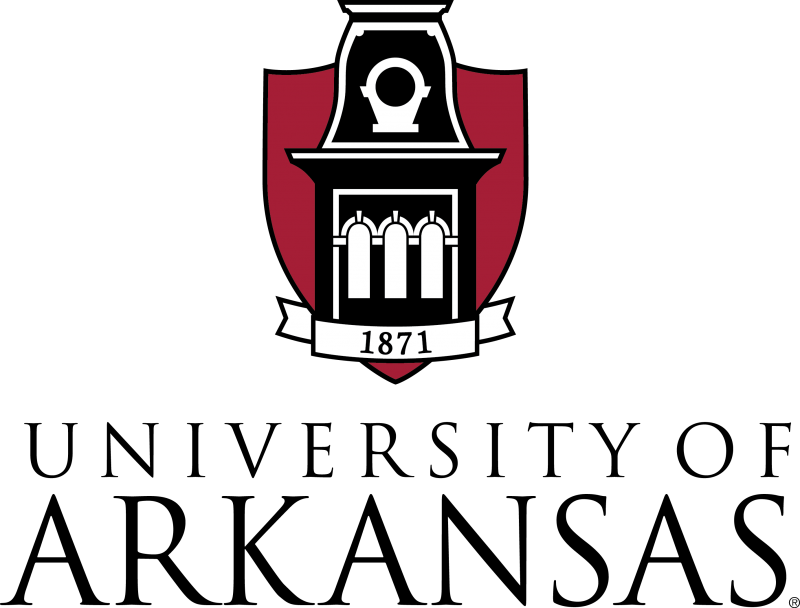In 2020, the University of Arkansas launched a unique, multidisciplinary undergraduate degree program in data science.
Two years later, the program is thriving beyond expectations and providing more students than ever the opportunity to participate in a rigorous, innovative, multi-disciplinary learning experience that will prepare them to face some of the world’s biggest data-related challenges.

The program began with its first cohort of 14 students in 2020 and had grown to a cohort of 71 by fall 2021. This fall, the program is expected to exceed 150 students.
“It’s just tremendous,” said Karl D. Schubert, associate director of the program and professor of practice in the College of Engineering. “We did not expect to be at this number of incoming students until our fourth year. We are amazed and excited to continue to grow such an innovative program.”
Schubert and his colleagues credit much of the program’s initial rapid growth and success to its unique structure, which gives students the chance to study with faculty from three colleges – the College of Engineering, Fulbright College of Arts and Sciences and Sam M. Walton College of Business.
This means students take a common set of introductory courses to build the foundations of a data science education and then choose one of 10 concentrations to specialize in during their third and fourth year. Some of the specialties include business data analytics, operations analytics, and social data analytics – each of which are representative of the three colleges.
This approach gives data science program graduates the ability to make an immediate positive impact in the workforce, said Samantha Robinson, Fulbright College’s director of data science and teaching assistant professor in the Department of Mathematical Sciences.
“Whether it’s analyzing health data to improve patient outcomes, helping businesses make smarter decisions, or supporting critical research needs, the ability to analyze huge data sets is a skillset that will serve our graduates well, no matter what field they are interested in pursuing within data science,” Robinson said.

The Data Science Program and degree came about in response to a growing need for data scientists in organizations of all types throughout the state of Arkansas. In partnership with Gov. Asa Hutchinson’s administration, a statewide employer needs survey was conducted in 2018. The results led to the creation of the program, from the ground up, using best practices from existing programs and feedback from an advisory council of executives from industry.
“As technology advances, companies, governments, researchers and nonprofits across all fields and disciplines are gathering more data than ever before,” said Manuel Rossetti, director of the Data Science Program and University Professor in the College of Engineering. “The question now has become how to best use that data to make smarter decisions.”
Since its inception, the program has made great strides in the development of physical resources for students. This fall, the program will open its new headquarters in Champions Hall to students. The space houses three team rooms, five open team worktable spaces and a student lounge. It will allow students to work on group projects without fighting for resources elsewhere on campus.
“We are excited to welcome students into our data science headquarters,” said Lee Shoultz, program manager of the Data Science Program. “This project has been the vision from day one and it is exciting to see the vision come to life and for data science students to be able to have a place to call home on campus.”
Demands for analyzing data are more critical to business success than ever, said Alan Ellstrand, associate dean for graduate programs in the Walton College of Business.
“Students in the data science program will be well prepared to make immediate contributions to their business organizations after graduation. The interdisciplinary program offers the benefit of allowing students to view data from many different perspectives, which will make them especially valuable to their employers.”
The Data Science Program expects to congratulate its first three graduates in May 2023.
